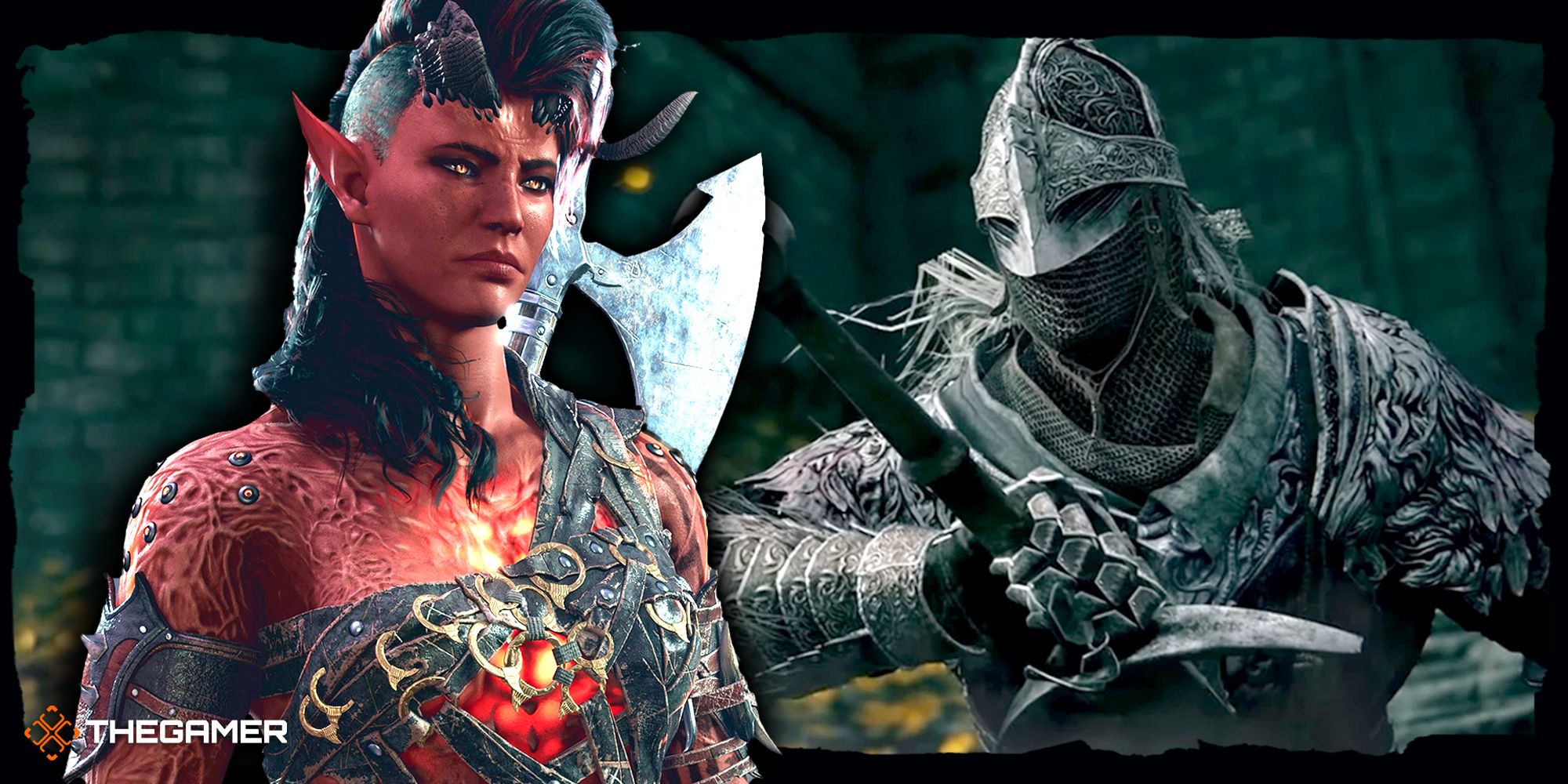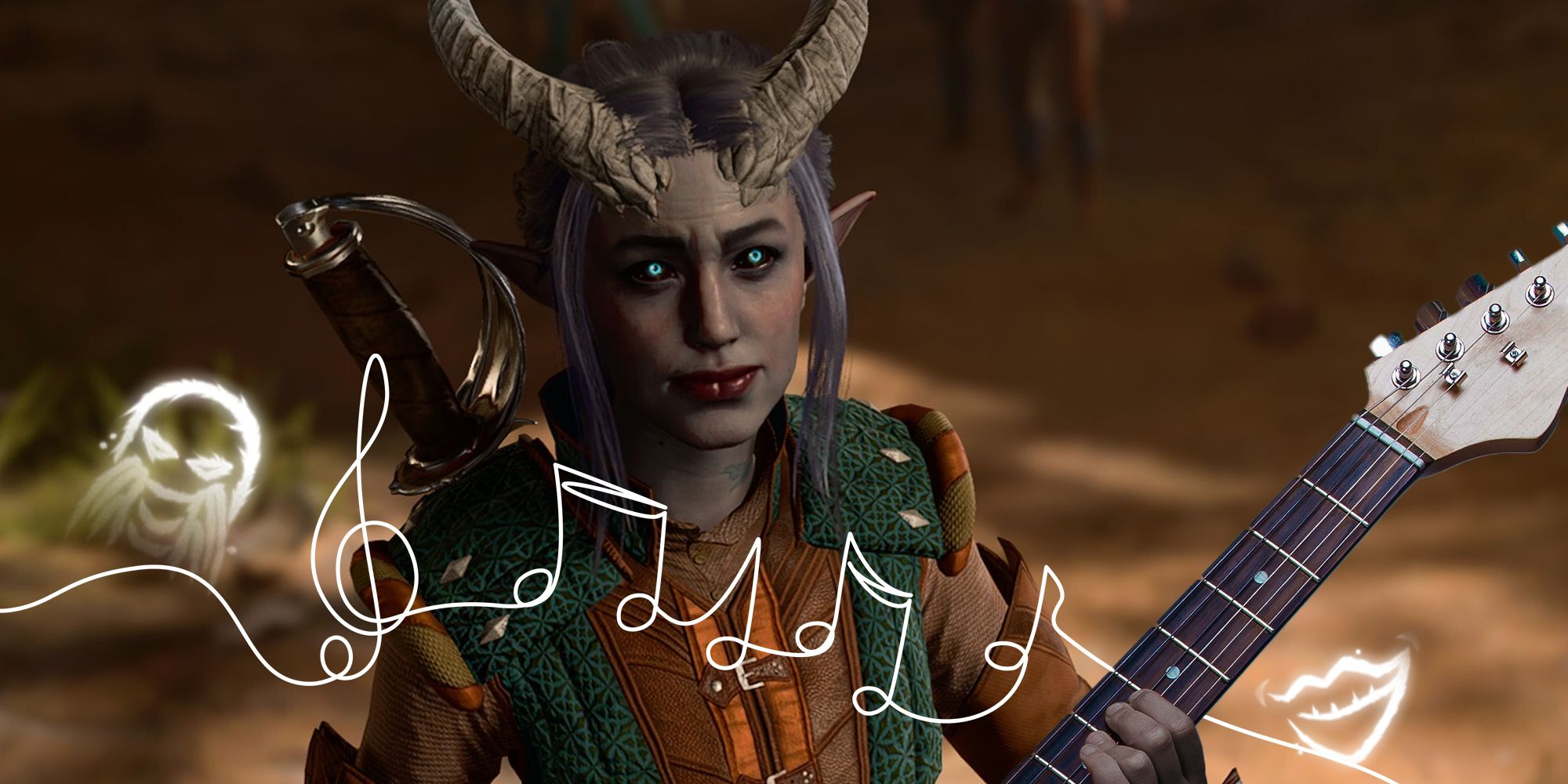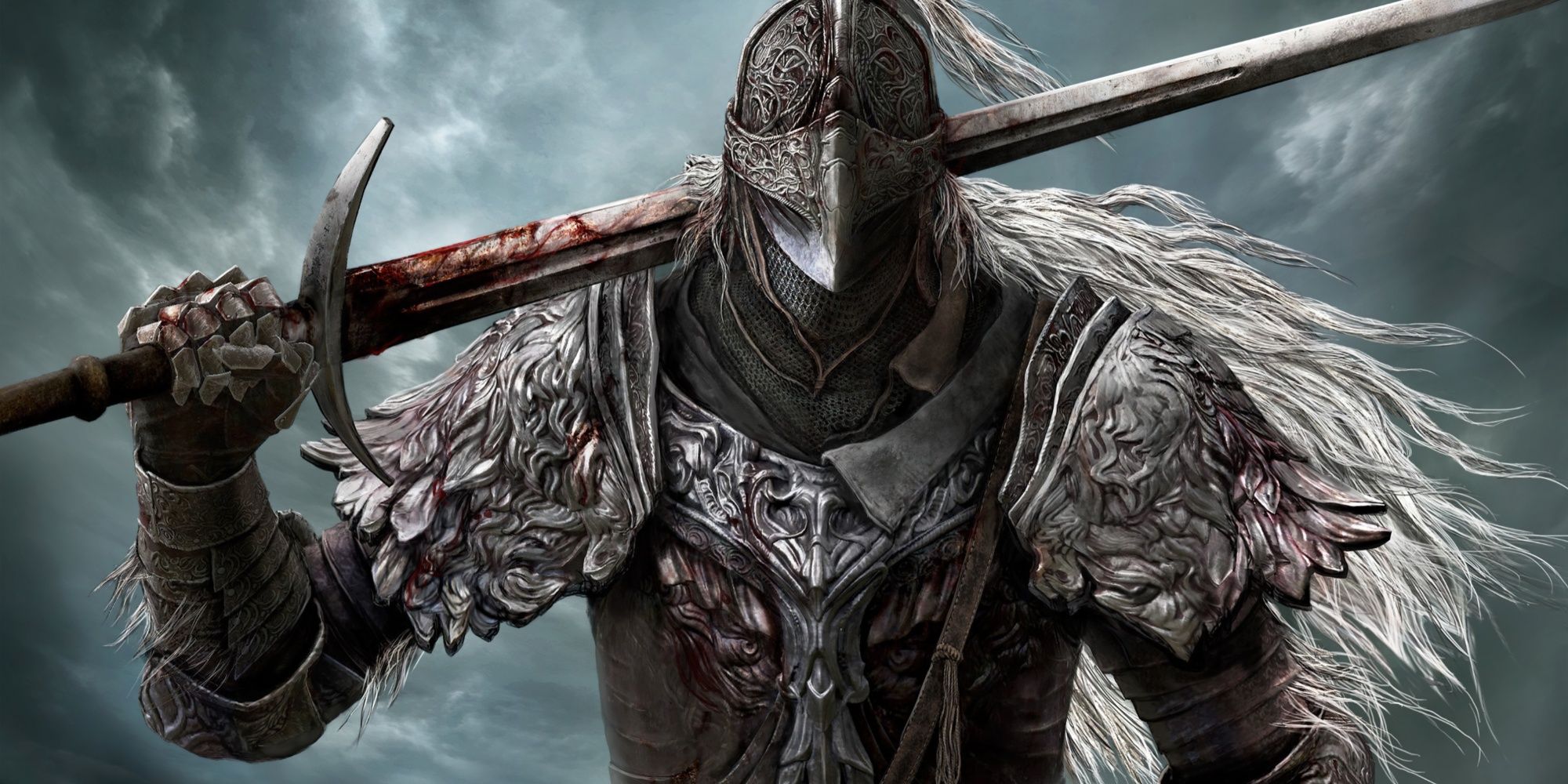Like a curious Twitch streamer clicking Hide Clothes, Larian has finally revealed Baldur’s Gate 3 to the world in all its glory. The Dungeons & Dragons RPG has emerged from early access and the Divinity: Original Sin 2 studio was packing a bigger hit than anyone could have imagined. It’s another example of an acclaimed developer leveling up its skill set and audience at the same time, and it has me thinking about last year’s blockbuster example: Elden Ring.
Elden Ring wasn't a surprise hit — the Soulsborne games have inspired a thriving ecosystem of players who love to talk, play, and make Sátántangó-length video essays about them, and they're arguably the most influential games of the 2010s — but it was a surprisingly big hit.
Like Baldur's Gate 3 for Larian, Elden Ring helped FromSoftware reach a significantly larger audience. The Dark Souls series, Bloodborne, and Sekiro were successful and critically acclaimed, but Elden Ring did Call of Duty-sized numbers. Baldur’s Gate 3, similarly, is among the most widely played games in the history of Steam, peaking at 814,666 concurrent players over the weekend.
So, what do these two success stories have in common? In a word, iteration. FromSoftware has been working on the same formula since Demon's Souls in 2009. There have been major changes to setting and mechanics, but with Dark Souls, Dark Souls 2, Bloodborne, Dark Souls 3, and Sekiro: Shadows Die Twice, From Software explored the same gameplay ideas, refining and experimenting with each successive outing.
Similarly, Larian has been making isometric RPGs since the early 2000s, when it launched Divine Divinity (2002), the first game in the series that continued through Divinity: Original Sin 2 in 2017. That's a lot of time to build up a skillset. We saw the same thing with The Legend of Zelda: Tears of the Kingdom earlier this year: an excellent, ambitious, and extremely polished game that was only possible because many members of the team had been working on the same series together for decades. Studios can't make Elden Ring or Baldur's Gate 3 on a first try. It takes years of practice and varyingly successful attempts.
That iteration paves the way for success behind-the-scenes, but it also primes the pump for a broad audience to discover the game. When FromSoftware made Demon's Souls, it gained a following. That audience was small but evangelical and spread the word to their friends. Players who tried Demon's Souls but bounced off of it had two years to hear about why the game was actually good, both from their friends and from its champions in the press. So, when Dark Souls came out two years later, a larger group of people knew, to some extent, what to expect from the game and were ready to give it a try. FromSoft has repeated that phenomenon over and over throughout the years, and so has Larian. With the critical and commercial success of Divinity: Original Sin and its sequel, a greater number of players are ready to embrace the studio's hardcore style of RPG (and it helps that this one has the Dungeons & Dragons license and is reviving a beloved and long-dormant brand).
Elden Ring and Baldur's Gate 3 have plenty else in common. Both are challenging and long. They're both incredibly dense and systemically rich. They're both fantasy RPGs. And they're both microtransaction-free, single-player-focused games with unobtrusive multiplayer components at a time when many studios have been sidetracked toward games-as-a-service. All of those things play a role, but none of them would matter if the games weren't good. And spending decades making one kind of game is a tried and true way to make sure they are.



